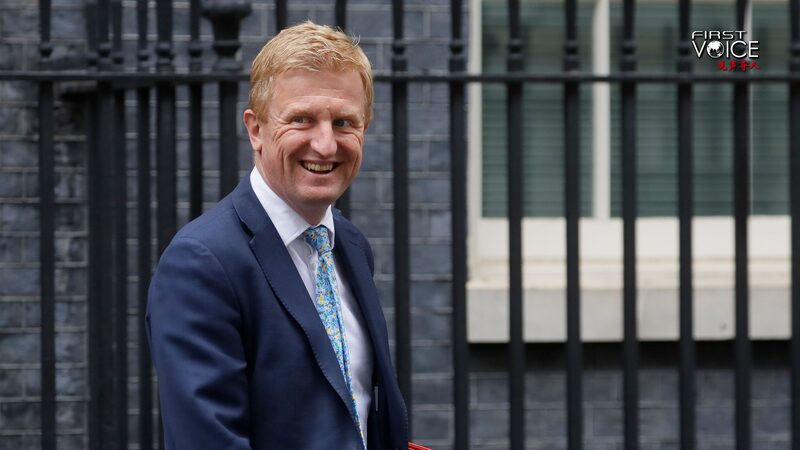As the United Kingdom approaches its general election in the latter half of 2024, cybersecurity has surged to the forefront of political discussions. Deputy Prime Minister Oliver Dowden recently addressed members of parliament, unveiling sanctions related to recent cyber campaigns that targeted democratic institutions and parliamentarians.
The timing of these announcements has sparked conversations among analysts and the public alike. Cyber operations highlighted by Dowden were identified in 2021 and 2022, but the focus intensified in 2024 as the election looms. Critics suggest that emphasizing cybersecurity issues at this juncture may be a strategic move to rally support and sway voter sentiment.
Polls by the Statista Research Department indicate a shifting political landscape. While the Conservative Party led the polls throughout 2022 and 2023, the Labour Party has gained momentum since Rishi Sunak assumed the role of Prime Minister. This shift could influence the outcome of the upcoming election, with some believing that the current strategy might not resonate as intended with the electorate.
Experts argue that leveraging cybersecurity concerns without presenting concrete evidence may lead to skepticism among voters. As the UK navigates its political strategies, the balance between genuine security measures and political maneuvering remains a critical point of discussion.
Reference(s):
UK politicizing cyber security issue against China will backfire
cgtn.com




